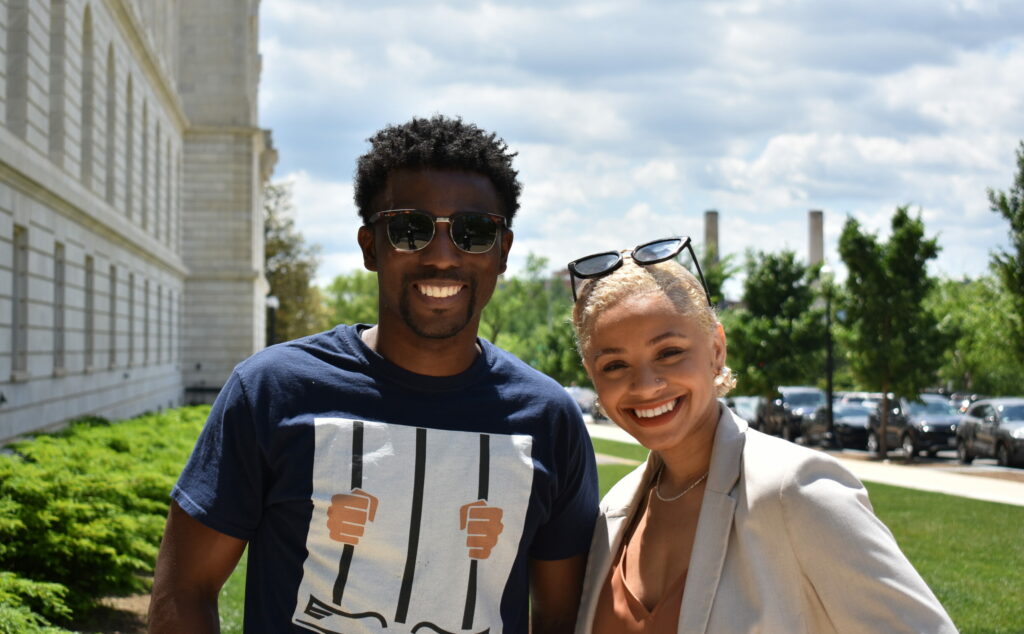As a young man, Stanley Andrisse was convicted of three felonies and sentenced to 10 years in prison for drug trafficking. Now, he is now an endocrinologist and assistant professor at Johns Hopkins and Howard universities. Passionate about giving back, Dr. Andrisse created Prison-to-Professionals (P2P) to help formerly incarcerated individuals pursue higher education and reenter the workforce.
P2P serves up to 80 individuals in several cohorts over the course of a year. P2P clients receive literacy and math tutoring, college application assistance, and career readiness training. Components of the program include an eight-week skills training workshop and 10 months of case management that includes weekly peer mentoring, executive coaching, and tutoring. The program takes place at the Maryland Department of Public Safety and Correctional Services Transition Center, Morgan Cares in East Baltimore, and on Zoom. Funding from the Abell Foundation supports salaries and flexible funds for participants to help them access supports such as housing, IDs, tools/clothes for work, transportation, and food. To date, P2P has helped 234 individuals complete the program. Of those, 93.5% have matriculated into post-secondary education, and 70% have obtained full-time employment. Only 1.5% of program participants have recidivated.
P2P is also collaborating with Baltimore City Community College and Howard University on a five-year National Institute of Health (NIH) grant – the Bridges to Baccalaureate program – that will
provide full scholarships to 36 individuals. The NIH grant supports underrepresented minority students as they complete associate’s degrees and transfer to four-year institutions to earn Bachelor of Science degrees in a STEM field. P2P is constantly evolving to meet the needs of its clients and has engaged in several programmatic evaluations.
“Trying to readjust back into society while being on home confinement was a challenge. … I believed that I would only be able to obtain certain jobs and trades, but P2P has given me hope and the push I needed to pursue greater endeavors. Networking with individuals that not only can relate to being justice impacted but have also risen above the limitations society tends to put on us gave me so much encouragement. I now know that even with a conviction, there are no limits. I am capable and deserving of more.
– Rachelle Hankerson, P2P Cohort 24 Scholar
